

Author, "Nothing Changes the World", "The Healing Power of Silence", "Aura of Enlightenment" | Founder Global Human Wellbeing Academy | Speaker on Growth Mindset | Host of the Happy as Hell Podcast and Mind is Myth Podcast
Available For: Authoring, Consulting, Influencing, Speaking
Travels From: Tokyo
Speaking Topics: Mental Health; Relationships, Well-being; Workplace Happiness; Innovation
| Gab Ciminelli | Points |
|---|---|
| Academic | 0 |
| Author | 197 |
| Influencer | 9 |
| Speaker | 40 |
| Entrepreneur | 0 |
| Total | 246 |
Points based upon Thinkers360 patent-pending algorithm.
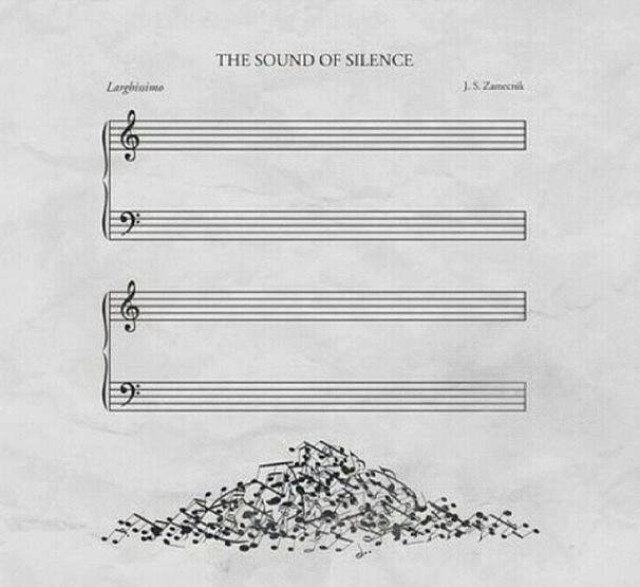 Is Labelling Emotions Affecting Mental Health?
Is Labelling Emotions Affecting Mental Health?
Tags: Health and Wellness, Mental Health
Tags: Health and Wellness, Mental Health, HR
Tags: Diversity and Inclusion, Health and Wellness, Mental Health
 It's when everyone is telling you NO that you have to say YES!
It's when everyone is telling you NO that you have to say YES!
Tags: Social, Leadership, Culture
 To Hug or Not to Hug? There is a more important question.
To Hug or Not to Hug? There is a more important question.
Tags: Culture, Leadership, Social
 Grow Your Hair For Love and Health
Grow Your Hair For Love and Health
Tags: Social, Leadership, Culture
 10 Ways to Build Stronger Relationships Whilst Working Remotely
10 Ways to Build Stronger Relationships Whilst Working Remotely
Tags: Social, Leadership, Culture
 How to Reduce Fear of Disease
How to Reduce Fear of Disease
Tags: Social, Leadership, Culture
 Eliminating Stress, & The Aura of Enlightenment Book Release Date
Eliminating Stress, & The Aura of Enlightenment Book Release Date
Tags: Health and Wellness, Mental Health, Social
 We are Addicted to Change; Overthinking, and 3rd Book Update
We are Addicted to Change; Overthinking, and 3rd Book Update
Tags: Health and Wellness, Mental Health, Social
 Online Retreat Area, The Healing Power of Silence, Human Magic
Online Retreat Area, The Healing Power of Silence, Human Magic
Tags: Health and Wellness, Mental Health, Social
 The Shadows of War, The Art of Nothing at Work (6 Realizations), Free eBook Gift on Freedom
The Shadows of War, The Art of Nothing at Work (6 Realizations), Free eBook Gift on Freedom
Tags: Health and Wellness, Mental Health, Social
 Exciting Book News (The Healing Power of Silence), Mind is Myth Podcast, Insights.
Exciting Book News (The Healing Power of Silence), Mind is Myth Podcast, Insights.
Tags: Health and Wellness, Mental Health, Social
 Nothing Changes the World, Workplace Dialogues, "The Illusion of AI"
Nothing Changes the World, Workplace Dialogues, "The Illusion of AI"
Tags: Health and Wellness, Mental Health, Social
 The Healing Power of Silence
The Healing Power of Silence
Tags: Diversity and Inclusion, Health and Wellness, Mental Health
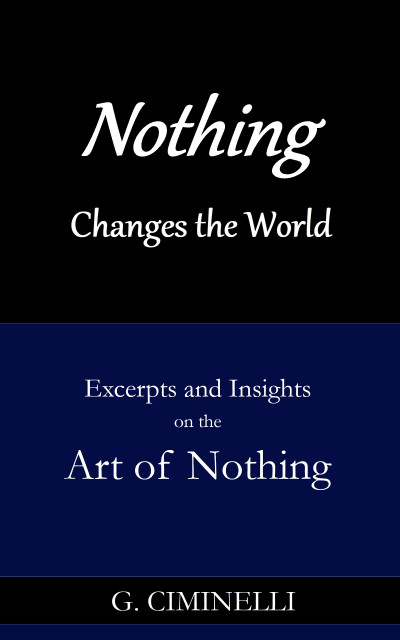 Nothing Changes the World: Excerpts and Insights on the Art of Nothing
Nothing Changes the World: Excerpts and Insights on the Art of Nothing
Tags: Social, Health and Wellness, Mental Health
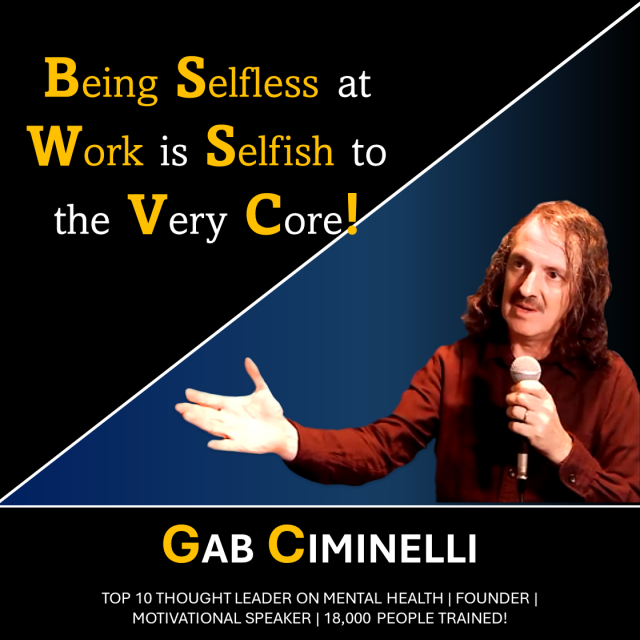 Being selfless at work is selfish to the very core!
Being selfless at work is selfish to the very core!
Tags: Diversity and Inclusion, Leadership, Mental Health
Tags: Diversity and Inclusion, Health and Wellness, Mental Health
 Empathy is Not Something You Practice
Empathy is Not Something You Practice
Tags: Culture, HR
Tags: Coaching, Diversity and Inclusion, Mental Health
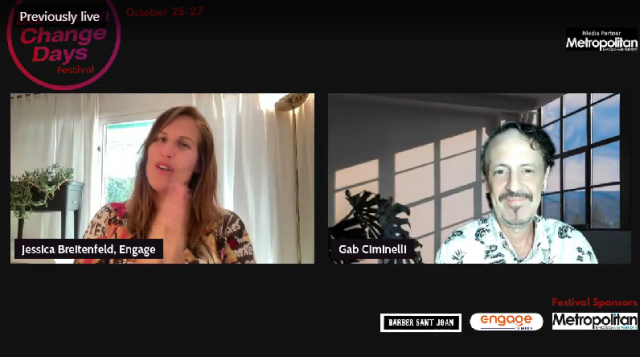 The workplace will never be a happy place
The workplace will never be a happy place
Tags: Future of Work, Health and Wellness, Mental Health
 What is a Good Life? Exploring Our Conditioning
What is a Good Life? Exploring Our Conditioning
Tags: Diversity and Inclusion, Health and Wellness, Mental Health
Tags: Health and Wellness, Leadership, Mental Health
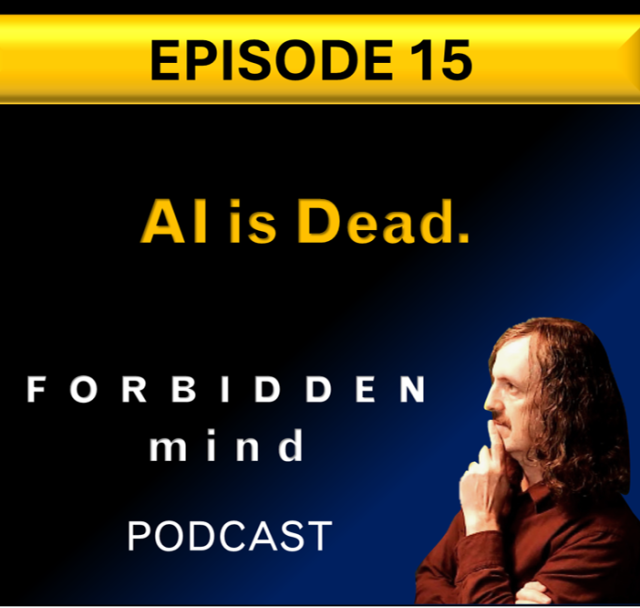 AI is Dead - Forbidden Mind Episode 15
AI is Dead - Forbidden Mind Episode 15
Tags: AI, Health and Wellness
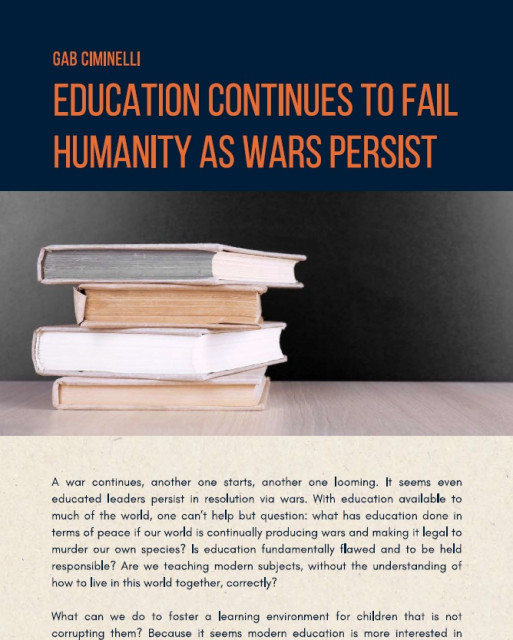 Education Continues to Fail as Wars Persist
Education Continues to Fail as Wars Persist
Tags: Education, Mental Health
Tags: Change Management, Culture, Management
 Forbidden Mind
Forbidden Mind
Tags: Health and Wellness, Innovation, Mental Health

Tags: Culture, Health and Wellness, Mental Health

Tags: Culture, Health and Wellness, HR

Tags: Culture, Health and Wellness, Social
 Happy as Hell
Happy as Hell
Tags: Culture, Health and Wellness, Leadership

Tags: Culture, Mental Health, Social

Tags: Culture, Mental Health, Social

Tags: Culture, Mental Health, Social

Tags: Culture, Mental Health, Social

Tags: Culture, Mental Health, Social

Tags: Culture, Mental Health, Social

Tags: Culture, Mental Health, Social

Tags: Culture, Mental Health, Social

Tags: Culture, Mental Health, Social

Tags: Culture, Mental Health, Social

Tags: Culture, Mental Health, Social

Tags: Culture, Mental Health, Social

Tags: Culture, Mental Health, Social
Tags: Health and Wellness, Mental Health
 All Habits Dull the Brain
All Habits Dull the Brain
Question ALL Thought Patterns
The brain loves patterns. The more you repeat, the better it gets at action. The better habits you have, the healthier you become... After all, isn't that where the expression, "practice makes perfect" come from?
But habits, good or bad, are a hinderance to life. Inner peace is not something to be attained by adding more practices or beliefs, but rather by stripping away the unnecessary noise created by habitual thinking, beliefs, and judgments. In our natural state-peace, sensitivity and vitality are abundant but they are too often obscured by overthinking and conditioned mental habits. Have you ever had the courage to ask yourself, “What are you without your thinking?” What happens when you do?
Whilst much of your life may seem to be "happening" with influence from the outside, your so-called experience of negativity or the opinions of others disrupt your peace of mind. Why do you let them affect you? Simply, you add meaning to words. Much in the same way as how others seem to impose “facts” and beliefs onto you, often creating unnecessary limitations and stress. By not automatically accepting external narratives, you don't let them affect you in any way, and you can maintain the balance of peace.
Understand the Illusion of Separation of inner and outer to main the balance of peace
Why do we divide the “inner” from the “outer”? The moment we do, we perpetuate stress and conflict. True wellbeing and inner peace comes from recognizing that your consciousness and environment are not separate; what you experience internally is understood within your surroundings. Rather than trying to manage stress through external fixes and life hacks, why not question the root causes of stress, conflict, and anxiety? What artificial entity creates the imbalance of peace and conflict?
Watch for:
You are a powerful energy. Whatever beliefs you "latch" onto will create your so-called reality. Awareness of things created by thought, belief, and the perceived division between self and environment will lead you to a much simpler life, or what we like to call living truly in the present.
Warmest,
Gab Ciminelli
Tags: Health and Wellness, Mental Health
 Managing Emotions Creates Further Stress
Managing Emotions Creates Further Stress
Yes it is true -> we have learned that emotions can drive people, change, engagement, relationships.
They also come with pain, suffering, worry, anxiety...
But the key statement above is this:
"We have LEARNED".
Emotions are a learned phenomena and live in the field of knowledge. Therefore, they are actually irrelevant in the sense that we don't have to act on them at all. There is actually no need for emotions to be acted upon - it's just that someone has taught you to do so.
Whatever you feel, you are. The moment you label it is the moment you get in trouble.
And this is quite a relieving revelation to many because it means ALL EMOTIONS are irrelevant. It's just that we have learned to want the so-called positive emotions, and do away with the so-called negative emotions. But they are all members of the same source and that source is worth questioning.
Our body is equipped to handle emotions as they arise - you just never allow it to because as thought rises, it intervenes with theories and ideas learned in the past to act upon them. The liver, for example, can handle anger, frustration, etc. on its own. The moment we intervene 'what is' with thought, we strain the body's innate intelligence to deal with it in it's own way.
Tags: Health and Wellness, Leadership, Mental Health
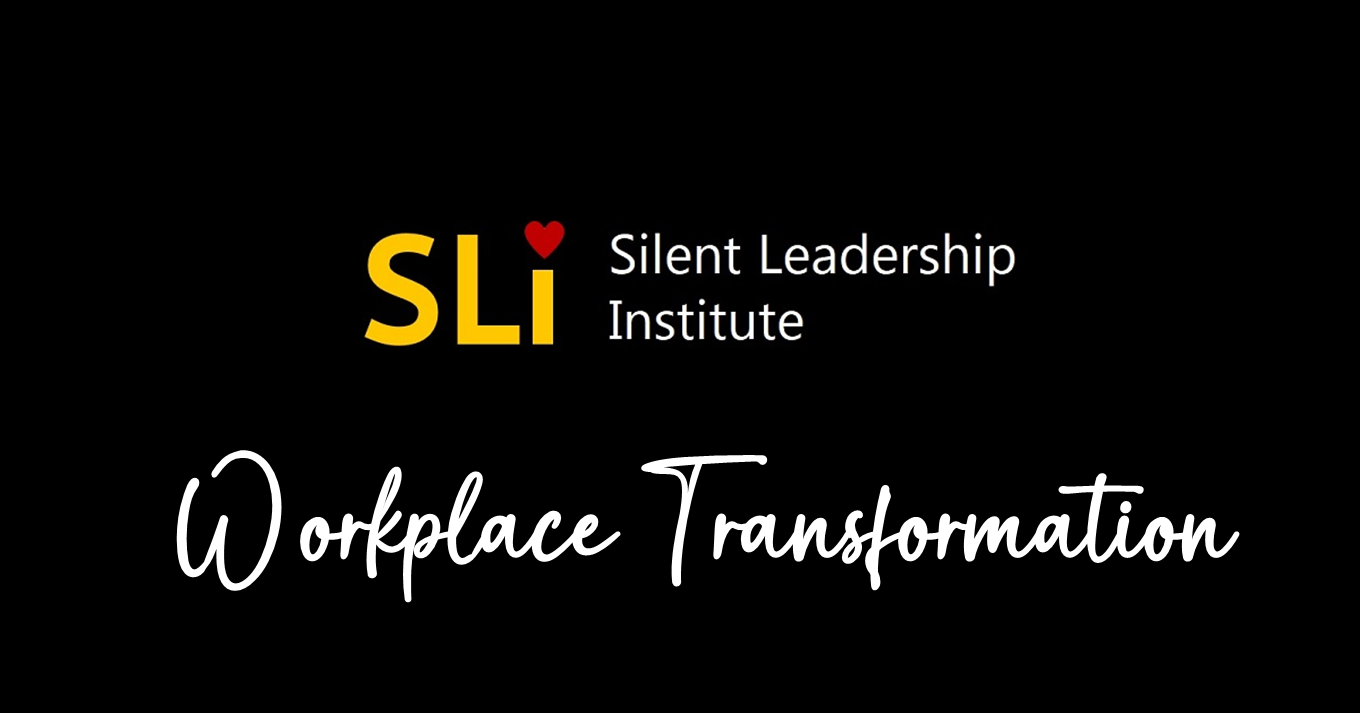 Why the Art of Nothing is a Workplace Dream for Employees
Why the Art of Nothing is a Workplace Dream for Employees
Last month, I had the incredible opportunity to talk to a number of workplaces about the Art of Nothing. Why workplaces - you might be asking? I come from a corporate background. I started as an engineer, became a manager, moved into training, won employee of the year awards, etc. etc. It means nothing. In that time, I experienced some of the most miserable forms of workplace engagement, people interaction, what would now-a-days be classified as “harassment”, brutal competition, ambition and so forth. Given that many people spend much of their time in companies, why do workplaces insist on creating cultures where control, competition, authority, tension, and anxiety. What emerges are fear-based workplaces where motivating forces restrict and constrict employee’s truth talent and freedom to thrive.
One incredible experience I had was in Hawaii. When I joined the local telephone company which was in bankruptcy, the company’s employee satisfaction was hovering around 55%. The company’s customer satisfaction was hovering around 55%. It doesn’t take a genius to see that the two are related. We invested 2 years in training managers, creating a corporate culture team, where leaders promoted listening with humility, where there was a real involvement in empathizing with employee and customer concerns. These basic skills of opening-up conversations, allowing people to express themselves without the intention of seeing them as complaints, addressing needs one by one, rotating employees, sparked a renewed action and vibe. People were relating to each other and changes were being made. Two years later, employee satisfaction was 84%, customer satisfaction was 84% and the company rose to be a top workplace in Hawaii. I was gratefully part of that transition.
Fast forward to today, and problems in workplaces still exist - and they are getting more and more complicated!
What does the Art of Nothing do for Workplaces?
Creating the ideal workplace is not about offering employees every little perk you can think of. If that’s what you do to attract talent, you have already lost. Giving employees everything essentially is a very conditional way to approach the situation, and anything that is conditional, comes with pitfalls. Conditions given are conditions received. What you want to do is nurture the environment - the atmosphere. And that comes with self realization.
Here are other realizations that have come-out of the workplace dialogues so far:
Realization #1: Workplaces can’t keep employees happy. Happiness is not something you give me. I need to have it within myself. But it is tied to the next point.
Realization #2: Give employees the autonomy and tools they need to be to able to express themselves.
Realization #3: Do away with employee evaluations. Evaluations are nothing but a comparison for a false growth mindset that saps employee’s energy to do what you really need them to do.
Realization #4: Employee Satisfaction and customer satisfaction go hand-in-hand. If there is an imbalance, question integrity in leadership.
Realization #5: Stop any forcing energy. Forcing deadlines, systems (not including legal systems here), where to work, how to work, etc.
Realization #6: You be happy and watch the workplace thrive. You’ll know when to step-in to provide support and when not to.
Throughout the workplace dialogues, what we are really doing is how a sense of “self” interferes with the natural state of being. Why it thrives on authority and control, why it tries to make others happy, why it wants to compare, why relationships are a reflection of one’s self, why it’s preventing life instead of allowing it to flow.
Feedback from the dialogues:
“Wow, I thought we had employee engagement covered, but the dialogues took us to a new level of disrupting workplaces. We will be making a new strategy in 2024! I can’t recommend these dialogues enough - they will change your life!”
“Inspiring - these dialogues will change the way you look at yourself and everyone else. There is no more problem!”
If you’d like me to help, either through an honest dialogue with your employees, or through entrusting me to train your leaders and managers, feel free to reach out!
Warmest,
Gab Ciminelli
Founder, SIlent Leadership Institute, Japan
Tags: Culture, Future of Work, HR
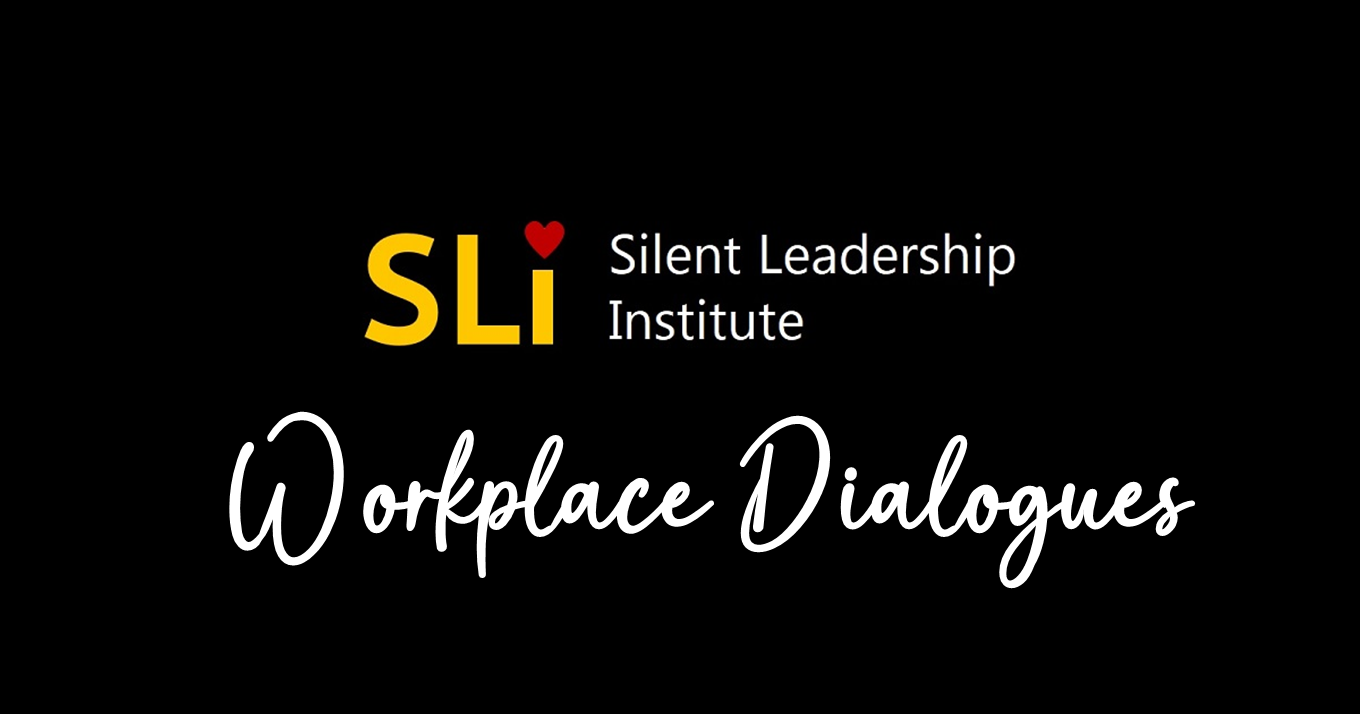 Workplace Dialogue: Is there any Value Aligning Personal and Company Values?
Workplace Dialogue: Is there any Value Aligning Personal and Company Values?
The questioner asked: "How can one find alignment between personal values, the work of the organization, and employee wellbeing?"
GC: I wonder if you can.
A lot of organizations spend a significant amount of money and time investing in training employees to find a balance between these three areas, but is it really aligned?
1/ Company/organizational values. Most companies work a "values check" into their hiring process when they are trying to determine whether you are a good fit for their culture or not. They'll have a mission, vision, and values. If you hire someone who is not going to really fit these to some degree, you set them up for failure. Worst still, if your process is good but your leaders are not exemplifying the behaviors the values represent, then you've got an integrity problem.
2/ Personal Values. Personal values are a very important part of engagement and workplace fulfilment for both the employee and company. Many of them change over time based on experiences, changes of perception, beliefs, etc. So trying to align a moving target takes a long of energy and focus.
3/ Individual Employee Wellbeing. Many companies are encouraging their leaders to proactively talk to their staff about how to foster their inner wellbeing.
But, I'd like to question whether inner and outer are truly separate? Your personal wellbeing - is your stress caused as a result of the environment you work in, with leadership behaviors, or stressful management, or lack of clear direction? Or, is it reflective of your own mindset?
Is it me, and you, and everyone else in the room looking after their own wellbeing in order to handle the stressful environment, or do I change the stressful environment through leadership behavior change, training, policies, etc?
Or is it that the environment is a reflection of my own mindset, in which case, I am the environment? In other words, my consciousness reflects back what I am within myself, it is not separate. Which is why I get very confused when people focus only on managing their own inner wellbeing. Then it becomes a very self-centered activity because I'm only concerned with my own wellbeing, managing stress, meditating, breath focus, eating well - that's all got to do with me. And the next person does the same - working on their own wellbeing. But the environment is still very stressful, but I manage that through various techniques.
As long as you consider the environment separate from you, you will always have tension, stress, conflict, putting-out fires, etc.
Does it make sense?
Questioner: But isn't it wonderful if everyone's personal wellbeing needs are being met, then the environment is going to be less stressful, people are happier, engagement is higher, etc?
GC: Can you, with 2500 employees as company HR ensure the personal wellbeing of every single employee?
Questioner: We can try!
GC: Which means you are willing to guarantee no-one leaves your company, or takes stress, or sick leave?
Questioner: Well maybe not everyone but a majority.
GC: Which means what? Means that you never really reach the root of the problem. You might invent systems and bring-in tools to help employees manage their wellbeing, but you haven't solved the problem - you are just covering-up the problem which is why are employees getting stressed?
Questioner: But that’s why we are offering support!
GC: It’s not working (audience laughs). What is wellbeing?
Questioner: Well it is related to better and healthier relationships with your self and your social environment and your purpose. It’s about interconnectedness and the experience of wholeness.
GC: Okay. You see, you have divided… How can I have wholeness if I divide the inner and the outer - my own wellbeing and then the company environment? You see, in dividing my self from the environment, I am really pushing myself through a day, a week, a month of work with then dealing with things as they come-up? What does your consciousness reflect to you - what does it mirror for you?
Questioner: What do you mean?
GC: Does it mirror stress, sometimes? Anxiety, sometimes? Conflict with colleagues, sometimes? Evaluation pressure?
Questioner: Yes it still may do that but because I understand myself better, I am better equipped to deal with those situations.
GC: Which means what? The environment still has stress, and therefore, you have stress, and therefore, you have not understood the root issue because your environment still reflects it back.
Questioner: I see. Then what do we do?
GC: What will you do? I am not the authority here! What will you do when you admit that you still have an issue? Go and train leadership to change? That’s once again separating action on the outer and inner. First understand what you are not and then you will have an insight to what you are. You will need to look at it - in yourself, what is the root of stress; conflict; anxiety; etc. Having an understanding of that - an insight, will transform everything.
Tags: Culture, Social
Location: Global Fees: $150/hour depending on service.
Service Type: Service Offered
 Eliminating Stress, & The Aura of Enlightenment Book Release Date
Eliminating Stress, & The Aura of Enlightenment Book Release Date We are Addicted to Change; Overthinking, and 3rd Book Update
We are Addicted to Change; Overthinking, and 3rd Book Update Being selfless at work is selfish to the very core!
Being selfless at work is selfish to the very core! All Habits Dull the Brain
All Habits Dull the Brain